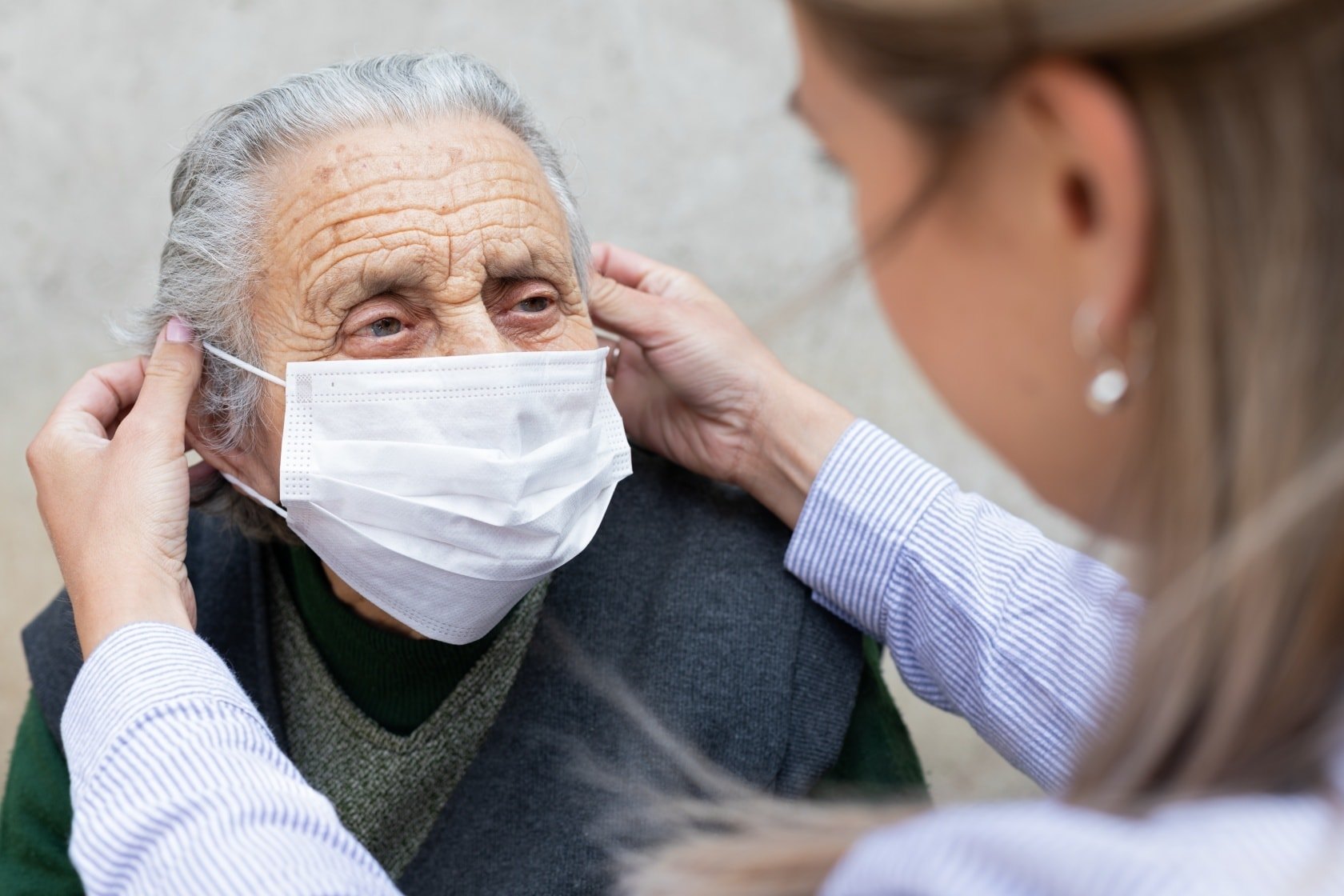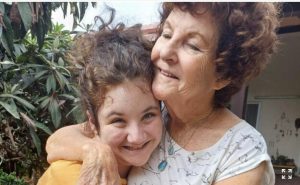Reduced Inequalities


Home » Reduced Inequalities » SDG 10- Protecting Elderly from the Second Wave
SDG 10- Protecting Elderly from the Second Wave
In an earlier post, we focused on the challenges the elderly are forced to deal with in the face of the ongoing COVID19 crisis. The renewed outbreak is raising those obstacles even higher.
The first order of business has – and continues to be – protecting their physical health; the majority of Israelis who have died because of the virus in July-August are 80 and above.
Prof. Ronni Gamzu, head of the country’s national campaign against the pandemic, recently drove home the point when he warned (Hebrew) against a reality in which the young are infecting the elderly: “We should be protected when visiting parents, protect them while visiting them, continue life while caring for them – and not fall into the trap of complacency.”
Other challenges also mount as the pandemic continues.


Recognizing the need for comprehensive long-term solutions, this week the Israel Government approved a NIS 150-million-shekel budget for inter-ministerial activities to help the elderly get through this difficult period. The program implements lessons learned – derived from a mapping of 60,000 senior citizens – from the initial virus wave, and focuses on breaking the chain of infection, alleviating loneliness, preserving routine and expanding use of the “Connected” user-friendly tablet-based device developed during the initial outbreak.
Implementation of some of the program’s components have been underway for some time. Among these, 2,500 Uniper social engagement systems have been installed in the homes of senior citizens (another 5,000 units for Holocaust survivors are pending approval); and 20,000 distress button systems with fall detection have been allocated to elderly who live alone.
One emerging area of concern is the effect of the pandemic on mental health, particularly among the elderly – albeit not only. An Israel Central Bureau of Statistics study published back in May indicated that 26% of Israelis over 65 characterized themselves as being in a negative mental state. Overall, one-third of those over 21 described stress and anxiety resulting from the crisis.
“Haaretz” reports figures from the Israeli civil society organization ERAN, which provides emotional first aid services by phone and online, according to which suicide attempts resulting from economic hardship have spiked during the pandemic (recent figures point to an employment rate of at least 12.3% and an 8.1% contraction of the economy in the second quarter).
In July, Israel’s Health Ministry launched a new support hotline in cooperation with local health maintenance organizations in light of increased mental stress resulting from the coronavirus crisis. The new program provides the opportunity for three individual phone sessions with a mental health specialist (in Hebrew or Arabic).
At least two things are certain for now: the pandemic and its effects are not going away anytime soon, and the elderly will continue to top the list of those hit the hardest. Protecting health and alleviating suffering – for them, as for others – will continue to challenge those responsible for combatting the coronavirus.
Related articles


SDG 10 – Government Safety Net
Reduced Inequalities Internal tensions are running high in Israel, for obvious reasons. One area of criticism that continues to reverberate is the government’s perceived slow


SDG 10 – Surviving War with Disabilities
Reduced Inequalities More than 1.6 million Israelis (20% of the population) are recognized as persons with disabilities. That was before the current war; hundreds more


SDG 10- Israel’s Equality Discourse: Can You Hear It? – Part 1
Reduced Inequalities Read Part Two From government to government, one thing in Israel doesn’t change: the country’s vigorous, transparent and critical public discourse on reducing


















